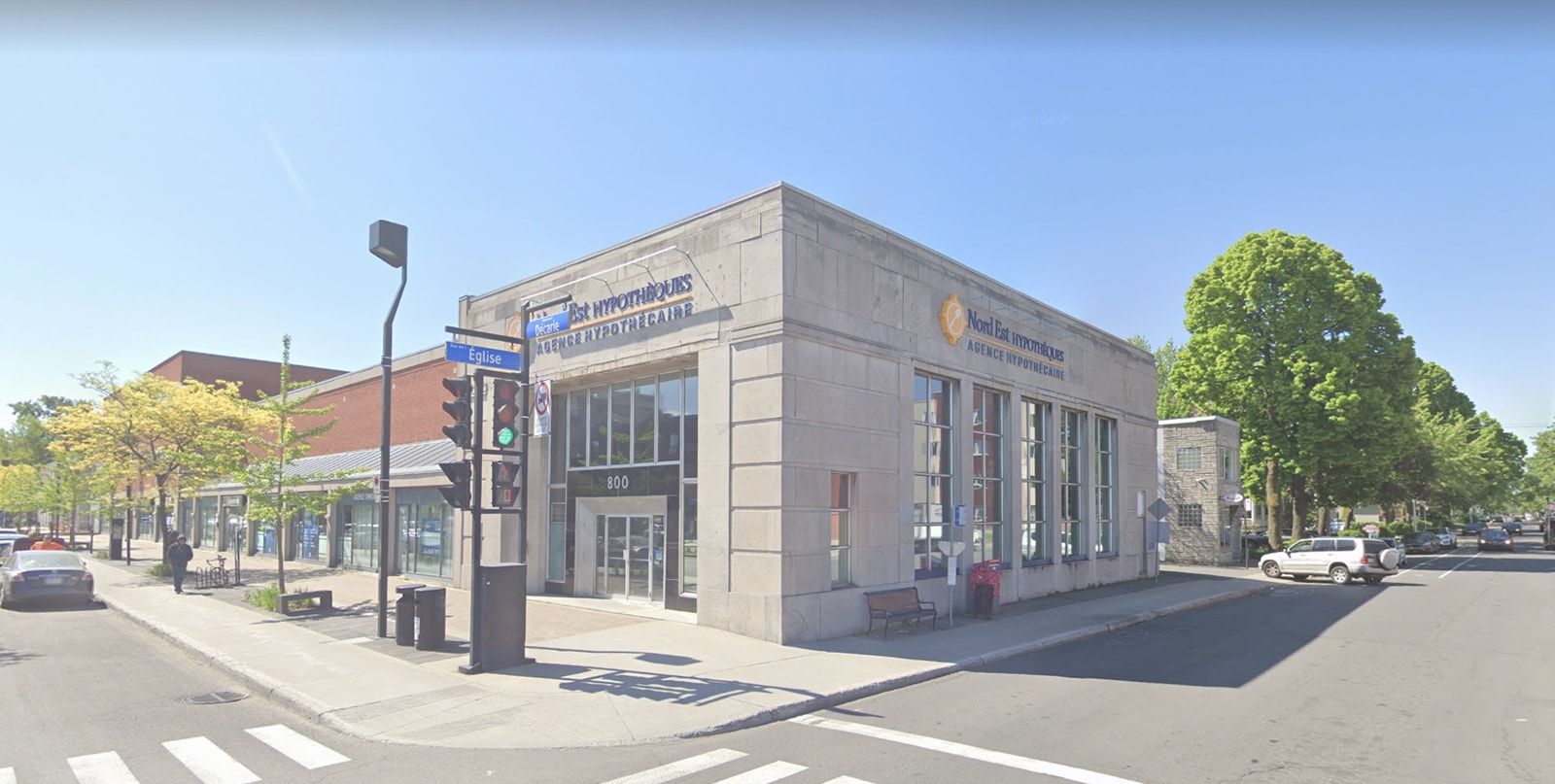As we’ve been reporting for months on our North East blog and on CJAD 800 Montreal’s Real Estate Show , instead of protecting many homeowners, the federal government restrictive mortgage rules are pushing people out of the safe mortgage market, and into the arms of secondary lenders.
By pushing people to the alternative lending market, they’re being pushed away from the safe harbor of high-quality lenders and into a less regulated and higher-interest area of the market.
To be clear: federal government policies are producing the opposite result of what the stated intention of the policies were.
What’s happened is the new rules, particularly the stress testing, have begun excluding many responsible Canadian homeowners who had previously qualified for mortgages, so many are unfortunately trying their luck with alternative lenders; either to handle their entire mortgage (highly inadvisable), or to top up a down payment.
In a recent paper for CIBC , economist Benjamin Tal says the data in Ontario shows people are increasingly looking to the alternative market for their mortgages.
“Over the past two years, mortgage originations provided by alternative lenders rose by a cumulative 27% while originations in the market as a whole fell by 11%,” Tal said in his report.
In pure dollar figures, he said the alternative mortgages now account for 7% of the market, up from 5% just two years ago.
This trend is worrying because desperate homeowners are seeking relief from these lenders, who will tell them they are suddenly able to qualify for a mortgage. There is, of course, a catch.
What these homebuyers may not realize is why they’re being accepted for those loans.
First, the alternative lenders tend not to be so strict when applying the stress test, because they don’t have to be. Regulation is looser on the alternative market, so by letting debt-to-income ratios climb much higher, it makes it easier for people to qualify for a mortgage. The catch is that by letting those ratios go higher, the homeowners are taking on more risk.
And more risk means lenders need to get something from consumers to make it worth their while. So, they’ll charge higher interest rates. They’ll tack on fees. They’ll add clauses to your mortgage that make it difficult — and costly — to refinance or get out of your mortgage.
Instead of paying in the 3% range, you’ll find yourself paying rates closer to 6%. Over the life of a mortgage, that’s thousands and thousands of extra dollars you’re flushing down the toilet, just on interest.
Someone who’s been denied a mortgage offered by a large bank or another first-tier lender and has been able to find a mortgage elsewhere may be relieved to be in their new home. But they’re sitting on a growing pile of toxic debt.
Things get even worse when homeowners find themselves on the private market.
Consider someone who’s been turned down for a traditional mortgage, and turned down again for a mortgage on the alternative market. Instead of paying that 6% on for an alternative mortgage, you’ll be looking at rates comparable to credit cards; in the double digits, sometimes as high as 21%.
To make matters worse, you’ll be trapped. These private lenders often set the value of your house much higher than anyone else would, essentially locking you in with them. Even if you’re able to turn your financial circumstances around, there’s no way you can refinance a loan for a property worth less than the mortgage is valued.
Until the government changes direction, consumers on the edge of the primary market are just going to have to wait a bit longer to build their nests, ballast they get themselves into real trouble.
If a reputable broker is telling someone their file doesn’t work, there’s probably good reason for it. People aren’t turned down for mortgages because a bank or a broker doesn’t want their financing. They’re being turned down for specific reasons.
The whole purpose of these rules, like the enhanced stress test, was to keep people from taking on toxic debt. And what the rules are doing in practice is placing those marginal homeowners in a situation much worse than what they’re being protected from.
Tell your It’s time the government rethought its rules on stress test, before they hurt the very people they said they’d help.
Photo: Michael Longmire / Unsplash



